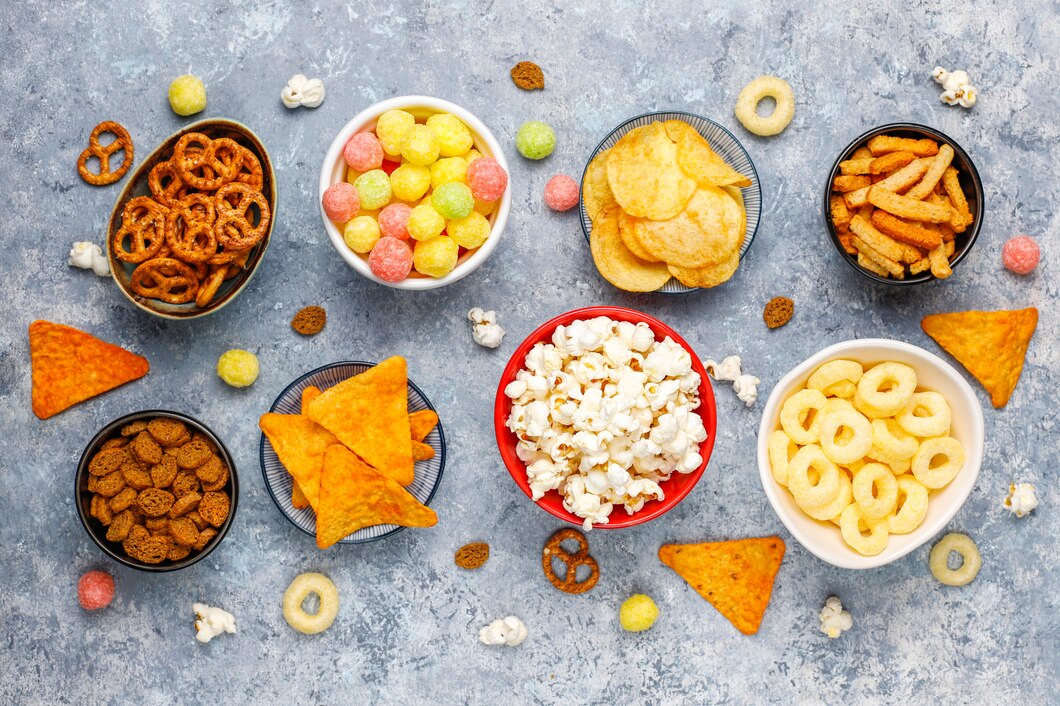Maintaining a balanced diet can have a significant impact on mood and overall mental well-being. While certain foods can boost your mood, others can have the opposite effect, leading to fatigue, irritability, and even depression. Here’s a list of 20 foods South Africans might consider avoiding to help improve their mood:
1. Sugary Drinks
High in refined sugars, these drinks cause rapid blood sugar spikes and crashes, leading to mood swings and irritability.
2. Processed Meats
Sausages, cold cuts, and other processed meats are high in preservatives and unhealthy fats, which can contribute to inflammation and negatively affect mood.
3. Refined Carbohydrates
White bread, pastries, and other refined carbs can cause blood sugar fluctuations, impacting energy levels and mood stability.
4. Artificial Sweeteners
Aspartame and other artificial sweeteners may interfere with neurotransmitter production, potentially leading to headaches and mood disturbances.
5. Fried Foods
High in unhealthy fats and often cooked in oils that can cause inflammation, fried foods may contribute to sluggishness and mood dips.
6. Alcohol
While moderate alcohol consumption may not harm, excessive drinking can disrupt sleep and lead to mood swings and depression.
7. High-Sodium Foods
Excess salt can lead to dehydration and high blood pressure, both of which can negatively affect mood and cognitive function.
8. Trans Fats
Found in many baked goods and processed foods, trans fats are linked to increased inflammation and a higher risk of depression.
9. Caffeine
While caffeine can boost energy temporarily, excessive intake can lead to anxiety, restlessness, and mood swings.
10. Packaged Snacks
Chips and similar snacks often contain high levels of salt, unhealthy fats, and additives that can impact mood negatively.
11. Energy Drinks
Loaded with sugar and caffeine, these drinks can cause energy crashes and contribute to anxiety and mood instability.
12. Instant Noodles
High in sodium and preservatives, instant noodles provide little nutritional value and can negatively impact mood.
13. Margarine
Containing trans fats, margarine can contribute to inflammation and has been linked to depression.
14. Fast Food
Fast food is often high in calories, unhealthy fats, and sugars, which can contribute to mood issues and decreased energy levels.
15. Breakfast Cereals
Many cereals are high in sugar and low in fiber, leading to quick energy spikes and subsequent crashes that affect mood.
16. Candy
Candy and other sugary treats cause rapid increases in blood sugar, leading to energy crashes and mood swings.
17. Processed Cheese
Processed cheeses often contain additives and preservatives that can affect mood and cognitive function.
18. Commercially Baked Goods
These are high in sugar and trans fats, contributing to inflammation and potential mood disturbances.
19. Ice Cream
While delicious, ice cream is high in sugar and unhealthy fats, which can lead to mood fluctuations and decreased energy.
20. High-Fat Dairy Products
Excessive consumption of high-fat dairy can contribute to inflammation and has been linked to mood issues.
Tips for Improving Mood Through Diet
- Increase Omega-3 Intake: Foods like salmon, walnuts, and flaxseeds are rich in omega-3 fatty acids, which support brain health and improve mood.
- Choose Whole Grains: Opt for whole grains like brown rice and oats to maintain stable blood sugar levels and enhance mood.
- Eat More Fruits and Vegetables: Rich in vitamins, minerals, and antioxidants, fruits and vegetables can help improve mental well-being.
- Stay Hydrated: Adequate hydration is essential for optimal brain function and mood regulation.
- Limit Alcohol and Caffeine: Reducing these can help stabilize mood and improve sleep quality.
By making mindful choices and avoiding foods that negatively impact mood, South Africans can improve their mental well-being and lead happier, more balanced lives.







